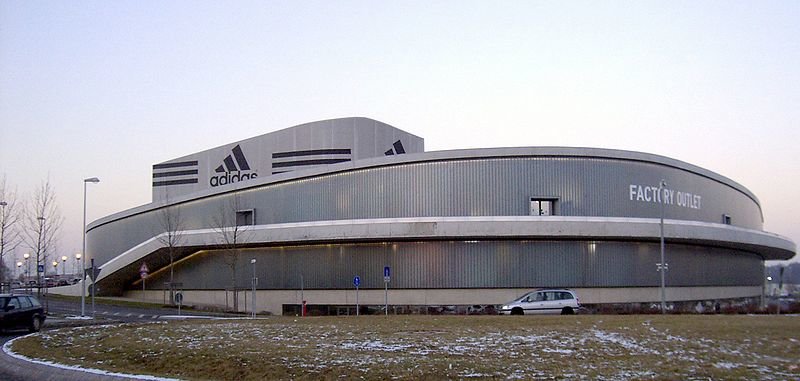The U.S. stock market is set to make history on August 22 for the longest bull ever, but the European market is already showing signs of concern over the heightening trade tensions between United States and China.

China recently announced 25% trade tariffs on $16 billion worth of American goods imported in the country
Trade Conflict Shakes Up European Market
The current market sentiment in Europe is starting to reflect investors’ concerns over the current geopolitical conditions which could trigger another economic recession on a global scale.
The trading session saw fluctuations between gains and losses after the Chinese Ministry of Commerce levied 25% tariff on over $16 billion worth of American goods. Among the products that were targeted in the ongoing trade conflict include various fuels, large automobiles like cars and motor bikes, and fiber optic cables.
China hit U.S. with counter-tariffs after the U.S. president, Donald Trump, announced import levies on $34 billion worth of Chinese goods coming into the country. According to government officials, the second wave of import taxes is currently being drawn up and likely to take effect on August 23. The new tariffs could affect over $16 billion worth of Chinese goods.
The European Central Bank voiced its concerns over rising trade tensions which are fueling the threat of protectionism and uncertainty in the stock markets. ECN warned in its recent Economic Bulletin that the current market volatility could heighten in the future if not monitored properly. Nevertheless, the bank assured that there is lesser risk surrounding the growth outlook in the euro zone than in other markets.
Morning Star’s reports reveal that the pan-European Stoxx Europe 600 index experienced 0.1% growth, whereas the eurozone bluechip stocks for the Euro Stoxx 50 index fell flat. The Europe 50 index lost 0.2% due to underwhelming performance by some of the major UK companies.
CAC 40, the benchmark index in French stock market also fell flat while Germany’s DAX rose 0.3%. UK’s stock market, where Brexit uncertainties loom large, the FTSE 100 went down 0.5%. Switzerland’s SMI also saw a decline by 0.3%.

Adidas reported a $24 million revenue increase in the second quarter amidst the world cup excitement
Adidas Soars 9.4%
Despite the troubling market conditions in Europe, one company performed unexpectedly well in the second quarter. Adidas AG stock prices shot up by 9.4 per cent after it released its earnings report for the most recent quarter. The firm’s earnings per share rose from last year’s €1.70 to €2.05, higher than FactSet consensus of €1.87. Total revenue also increased to €5.26 billion from €5.04 billion in 2017. Prices jumped by 9.5% last Thursday but pulled back 1.3% the next day, ending the week with a total 8.5% gain.
Despite Adidas’ impressive second quarter performance, Wells Fargo is cautioning investors who are considering buying stocks in the athletic gear company. Analysts at the financial services firm say that the recent world cup excitement was the biggest factor behind Adidas’ impressive performance, but now that the games are over, the company has a tough second half fiscal year ahead.
Wells Fargo predicts that Adidas’ revenues are likely to decline after the end of the tournament, and since the country sponsored by the company didn’t win the world cup, its long tail of post-tournament growth is cut short. The financial services firm rated Adidas’ shares with a €205 price target in the fourth quarter, due to concerns over flat revenue in the western European market.
More Underwhelming Performers
German travel and tourism company TUI also dropped 2.5% after its earnings report for the third quarter showed underwhelming performance. Aurubis, the largest copper producer in Europe also reported dismal second-quarter profits, after which its stock lost 3.6% in value. In comparison, Merck KGaA rose a meager 0.2% despite a 14% drop in its second-quarter earnings.
London-based Legal & General finished flat after the financial investment group reported 9% decrease in its 2018 earnings, citing market volatility for its investment portfolio’s underwhelming performance. Real estate firm Savills also saw a drop in profit in the first half of 2018 resulting in 4% drop in market value. Zurich-based staffing company, Adecco saw a 2% drop after its profits in the second quarter decreased to €170 million in comparison to last year’s €192 million.










